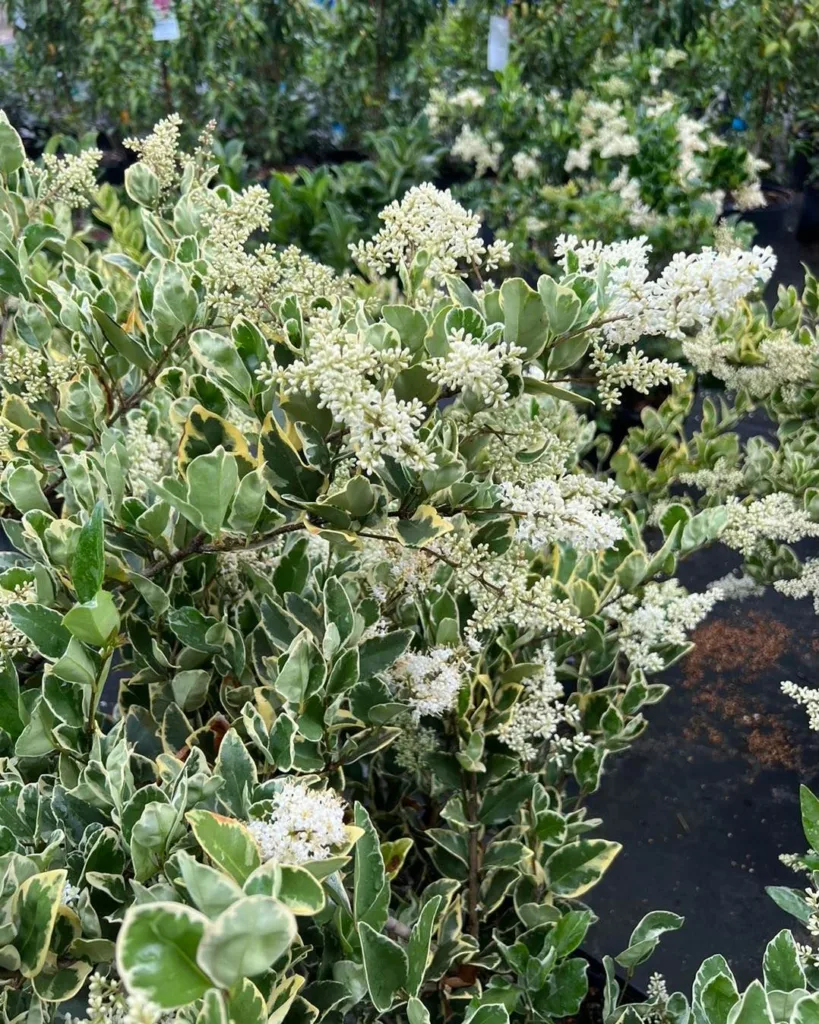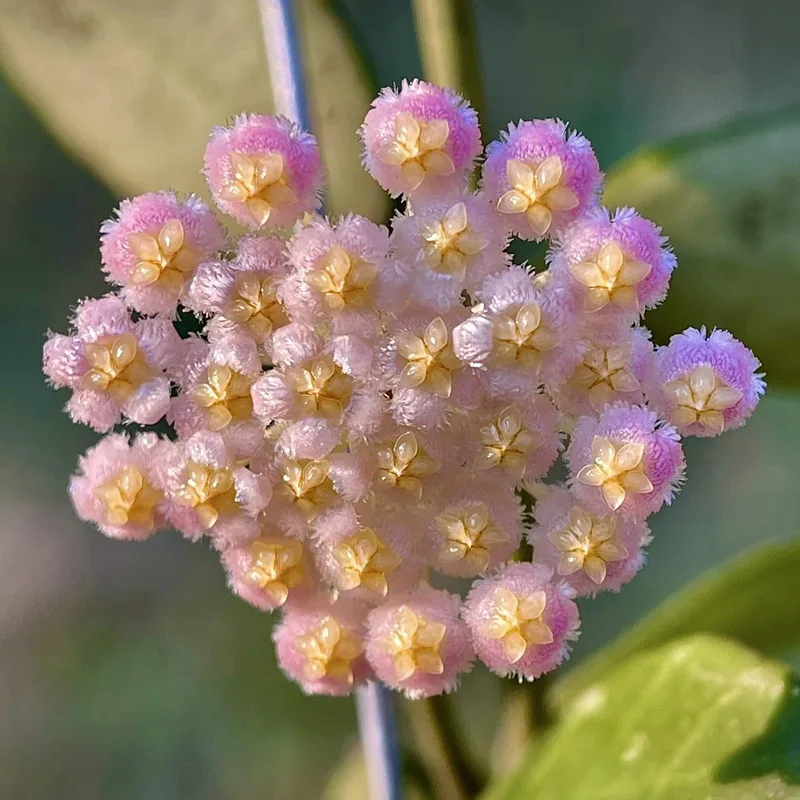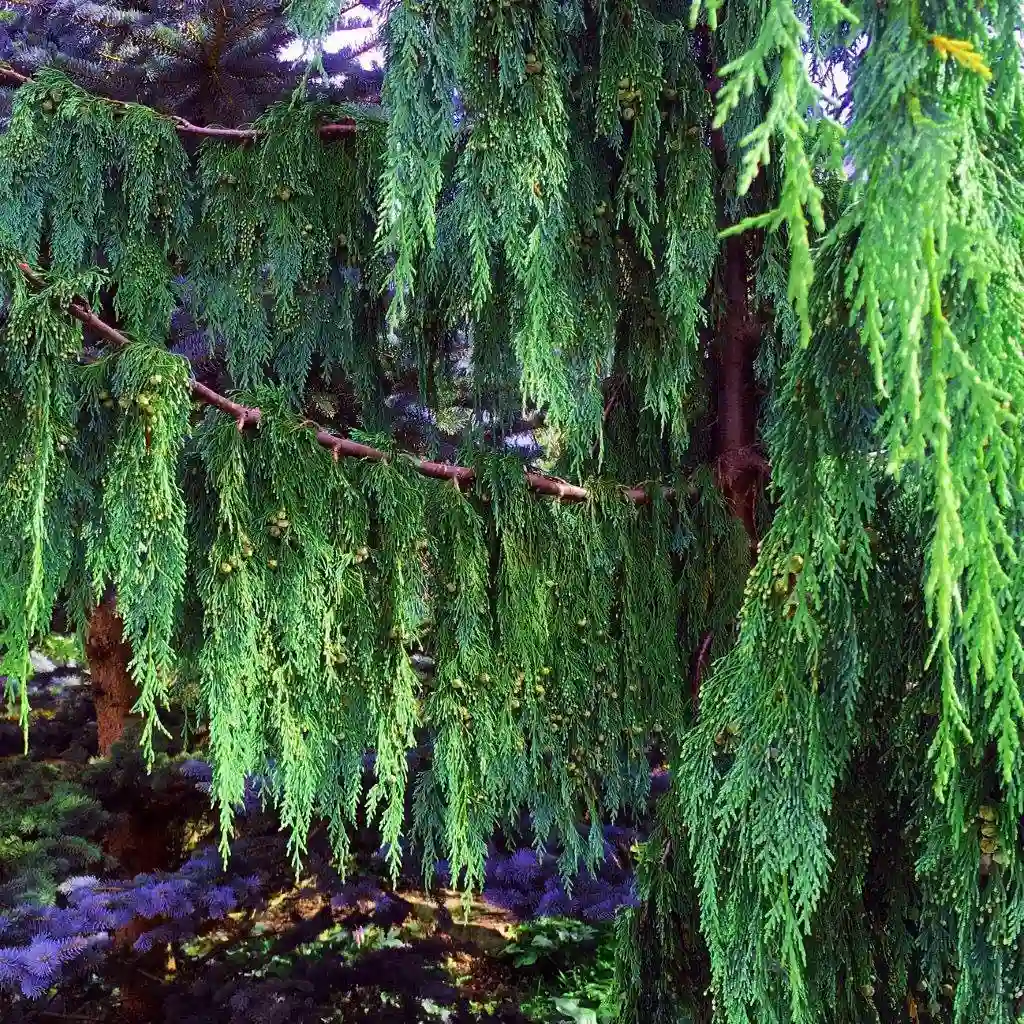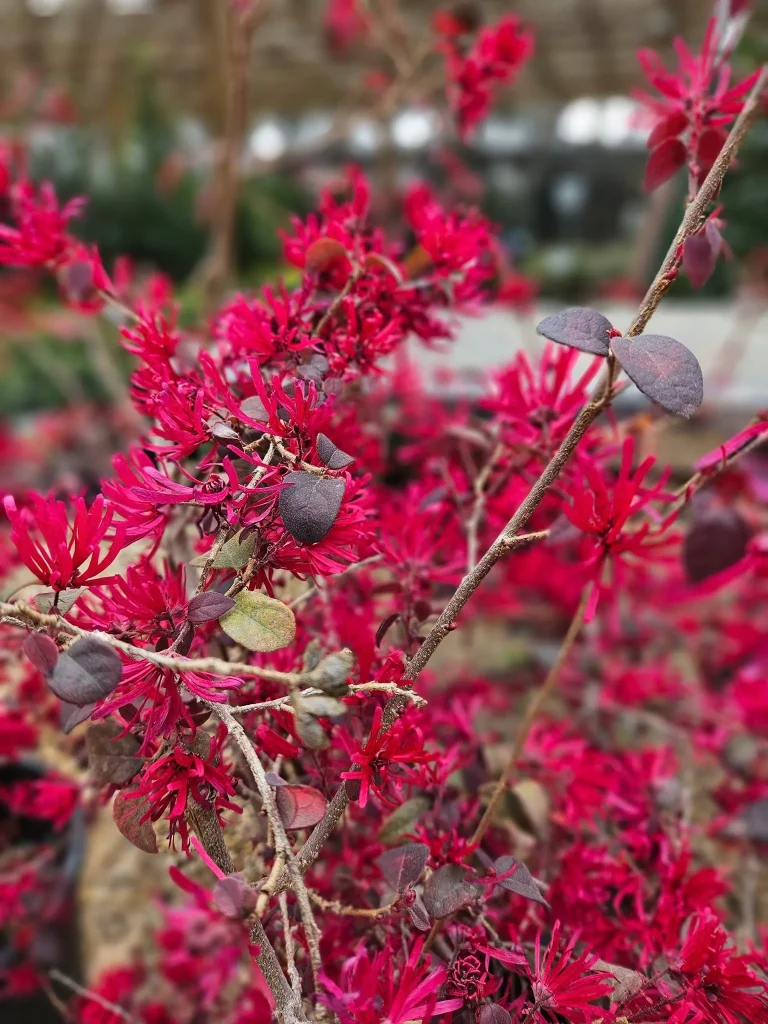All About Matricaria Discoidea: The Pineapple Weed You Might Actually Want
Hi there, Ferb Vu here! Today, we’re diving into the world of Matricaria discoidea, a little plant with a surprising number of nicknames: pineappleweed, wild chamomile, disc mayweed, and rayless mayweed. Don’t let the multitude of names confuse you – this daisy family member is a fascinating little herb that can be a welcome addition to your garden or a persistent weed, depending on your perspective.
6 Species in Genus Matricaria
What is Matricaria Discoidea?
Matricaria discoidea is a low-growing annual herb native to North America and parts of Northeast Asia. It’s become a common sight worldwide, thriving in fields, gardens, and even along roadsides. Despite its “weed” status in some places, pineappleweed boasts some interesting characteristics.
The most striking feature is the lack of the classic daisy flower head. Instead, Matricaria discoidea forms small, button-like flower clusters with yellowish-green florets, earning it the “rayless” moniker. But don’t be fooled by the plain appearance – crush the leaves, and you’ll be greeted with a delightful pineapple scent, justifying the “pineappleweed” name.
How to Care for Matricaria Discoidea?
Matricaria discoidea is a low-maintenance plant, perfect for beginner gardeners. Here’s what you need to know:
- Sunlight: Pineappleweed thrives in full sun but tolerates partial shade.
- Soil: Well-drained soil is key. Sandy or loamy mixes work best.
- Watering: Water regularly, especially during hot weather, but avoid overwatering.
- Fertilizer: Matricaria discoidea isn’t a heavy feeder. A light application of balanced fertilizer once during the growing season is sufficient.
Deadheading: Regularly remove spent flower heads to encourage continuous blooming throughout the season. This simple step keeps the plant looking tidy and promotes new flower formation.
Winter Care: As an annual, Matricaria discoidea won’t survive harsh winters. However, it readily self-seeds, so you might find new plants popping up next spring!
How to Propagate Matricaria Discoidea?
Matricaria discoidea is a prolific self-seeder. Once established, you’ll likely find new volunteers appearing throughout your garden. However, if you want more control over propagation, you can try seed saving:
- Allow some flower heads to dry completely on the plant.
- Once they turn brown and papery, gently shake them to release the tiny seeds.
- Store the seeds in a cool, dry place until spring.
- Sow seeds directly outdoors in prepared soil after the danger of frost has passed.
Tip: You can also start seeds indoors a few weeks before the last frost date. Just be sure to harden off the seedlings before transplanting them outdoors.
What to Plant with Matricaria Discoidea?
Matricaria discoidea’s low-growing habit and bright green foliage make it a versatile companion plant. Here are some ideas:
- Vegetables: Pair pineappleweed with vegetables like tomatoes, peppers, and eggplants. It’s said to attract beneficial insects that prey on garden pests.
- Flowers: Create a vibrant display by planting Matricaria discoidea alongside taller flowering plants like sunflowers, zinnias, and cosmos.
- Herbs: Pineappleweed complements other low-growing herbs like thyme, oregano, and chamomile.
Bonus Tip: The pineapple scent of Matricaria discoidea may help deter some unwanted pests like rabbits and deer.
Is Matricaria Discoidea Edible?
While not commonly consumed, Matricaria discoidea is technically edible. The leaves have a mild flavor similar to chamomile, and some people enjoy them in teas or salads. However, it’s important to exercise caution:
- Identification: Make absolutely sure you’ve correctly identified the plant as Matricaria discoidea before ingesting it. There are similar-looking plants that can be toxic.
- Moderation: If you choose to consume pineappleweed, start with a small amount and monitor for any adverse reactions.
Remember: Consulting a qualified herbalist is always recommended before consuming any unfamiliar plant material.
There you have it! Matricaria discoidea, the pineappleweed with a surprising amount to offer. Whether you see it as a charming little herb or a persistent weed, this versatile plant can be a valuable addition to your gardening experience.
If i die, water my plants!



